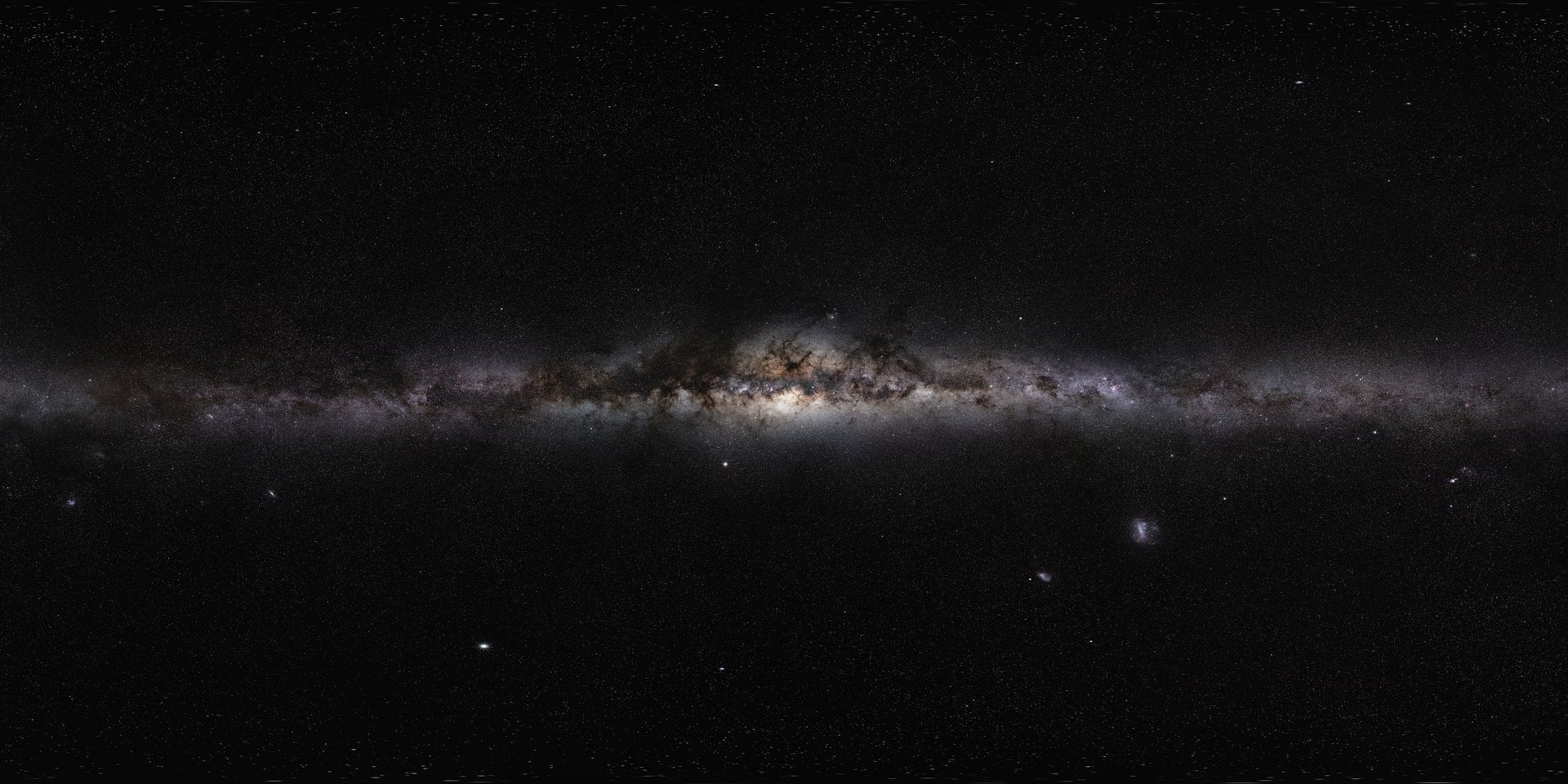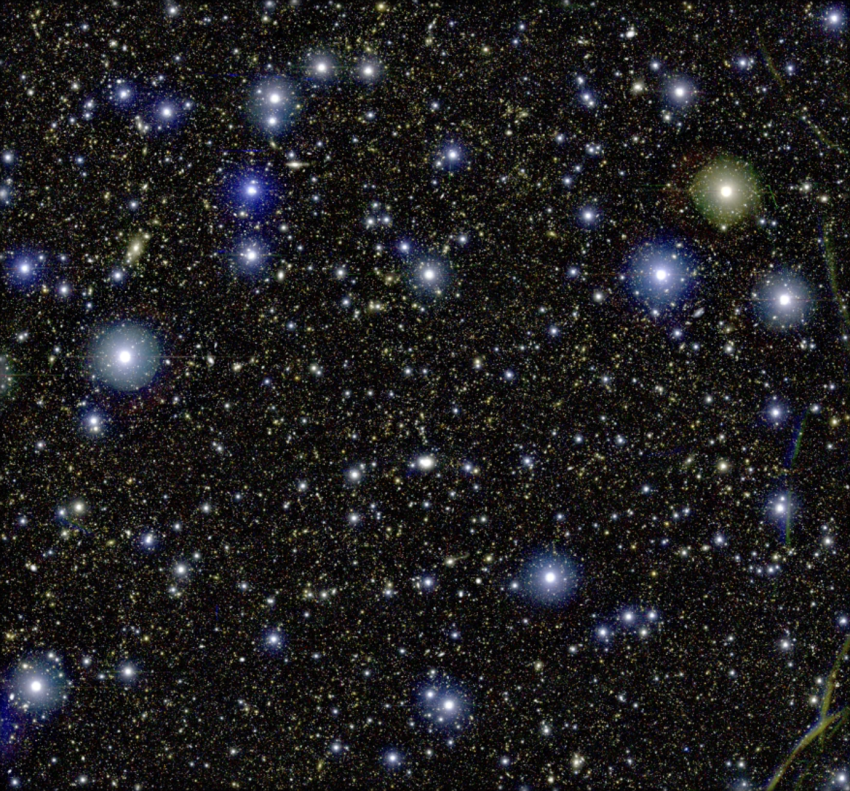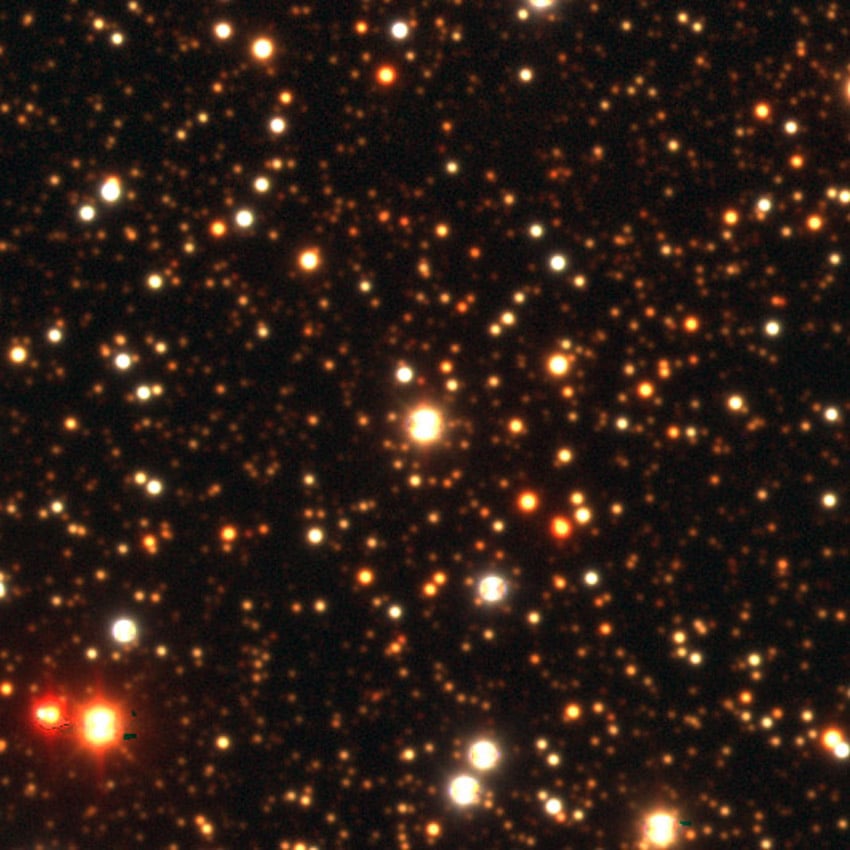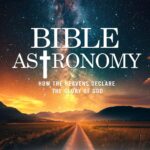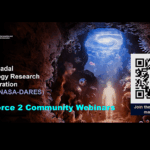Stars usually form in clusters, which can also form in pairs or groups. Binary clusters (BCs) are defined as pairs of open clusters closely associated both in position and kinematics.
An international research team led by PD Dr. Florian Peissker at the University of Cologne has used the new observation instrument ERIS (Enhanced Resolution Imager and Spectrograph) at the Very
Russia’s space launch site in Kazakhstan was damaged on Thursday after a Soyuz mission took off with Russian cosmonauts and US astronauts onboard, Moscow’s space agency Roscosmos said.
Research led by the RIKEN Center for Interdisciplinary Theoretical and Mathematical Sciences (iTHEMS) in Japan has successfully performed the world’s first Milky Way simulation that accurately represents more than 100
New research shows how a galaxy’s surroundings influence its development. Its size, shape, and growth rate are all affected. It’s all based on “the finer details of the cosmic landscape.”
A U.S.-Russian crew of three began a mission on the International Space Station after being launched there on a Russian spacecraft Thursday.
The European Space Agency said Thursday it would increase its budget for the next three years to almost 22.1 billion euros ($25.6 billion).
A red giant orbiting a dormant black hole is spinning impossibly fast and contains chemistry that makes it look ancient when it’s actually relatively young. By listening to faint vibrations
Since comet 3I/ATLAS, the third known interstellar object, was discovered on 1 July 2025, astronomers worldwide have worked to predict its trajectory. ESA has now improved the comet’s predicted location
Using its Near-InfraRed Camera (NIRCam), NASA’s James Webb Space Telescope captured never-before-seen details of the Red Spider Nebula, a planetary nebula, in this image released on Oct. 26, 2025. NIRCam
-
 01Two Black Holes Observed Circling Each Other for the First Time
01Two Black Holes Observed Circling Each Other for the First Time -
 02From Polymerization-Enabled Folding and Assembly to Chemical Evolution: Key Processes for Emergence of Functional Polymers in the Origin of Life
02From Polymerization-Enabled Folding and Assembly to Chemical Evolution: Key Processes for Emergence of Functional Polymers in the Origin of Life -
 03Astronomy 101: From the Sun and Moon to Wormholes and Warp Drive, Key Theories, Discoveries, and Facts about the Universe (The Adams 101 Series)
03Astronomy 101: From the Sun and Moon to Wormholes and Warp Drive, Key Theories, Discoveries, and Facts about the Universe (The Adams 101 Series) -
 04Φsat-2 begins science phase for AI Earth images
04Φsat-2 begins science phase for AI Earth images -
 05Hurricane forecasters are losing 3 key satellites ahead of peak storm season − a meteorologist explains why it matters
05Hurricane forecasters are losing 3 key satellites ahead of peak storm season − a meteorologist explains why it matters -
 06Thermodynamic Constraints On The Citric Acid Cycle And Related Reactions In Ocean World Interiors
06Thermodynamic Constraints On The Citric Acid Cycle And Related Reactions In Ocean World Interiors -
 07Binary star systems are complex astronomical objects − a new AI approach could pin down their properties quickly
07Binary star systems are complex astronomical objects − a new AI approach could pin down their properties quickly


